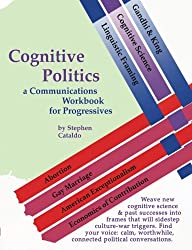I hear questions:
Should you respect Nazis? Should you punch a Nazi?
Questions like this get us in trouble. "Who cares? — wrong question" is my answer.
The original Nazis (rank and file, not leaders) in 1931 were often non-union, struggling, isolated and fearful people: treating them as if they werewcapable of being worthy of respect (which is not the same thing as handing over the respect) might have changed their votes and changed the world. Tons of votes went to the Nazis when people saw chaos on the streets, were afraid of the Socialists (with more reason than today, but basically the same fear that Fox fakes up), and closed their curtains to it all and voted law and order. Some of those voters could have been reached. In 1941 we "respected" Nazis as capable fighters while we bombed them. Same Nazis: reach them, fight them.
Respect isn't an angle people would have taken with the original Nazis. It is part of the performative and judgmental modern politics — an overwhelming wave, a sea we swim in so much we don't see it — where we spend our time doing "politics" by judging. Politics is about organizing for power. Today we are doing a lot of performance with Nazis — often, actually, with them, like putting on a play together. No: Find their weak points and destroy their movements. Sometimes that means suing their organizations, filming them in the act of a crime; sometimes that means reaching an individual as a human being who is being pulled into a cult-like organization, and with compassion helping them find their heart. Fight on all fronts.
Nazis, imo, should be dealt with by deciding which of these questions is most active:
What would Gandhi have done? What would Eisenhower do?
Low level violence, like punching, imo is usually playing their game — neither Gandhi nor Eisenhower. Proud boys like a brawl; it moves the world closer to the world they want. Move off questions of facebook-judgment and towards mobilization and coalition building.
Partly inspired by / Recommended Reading: Politics is for Power by Eitan Hersh.
